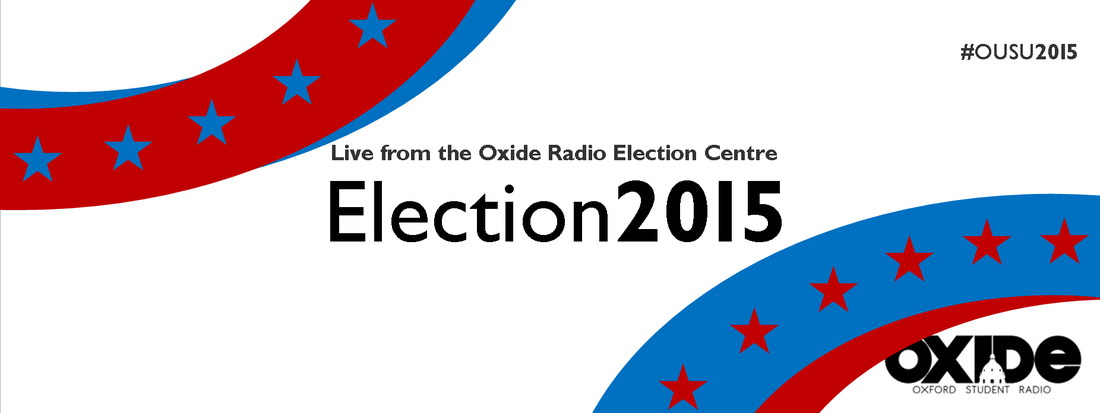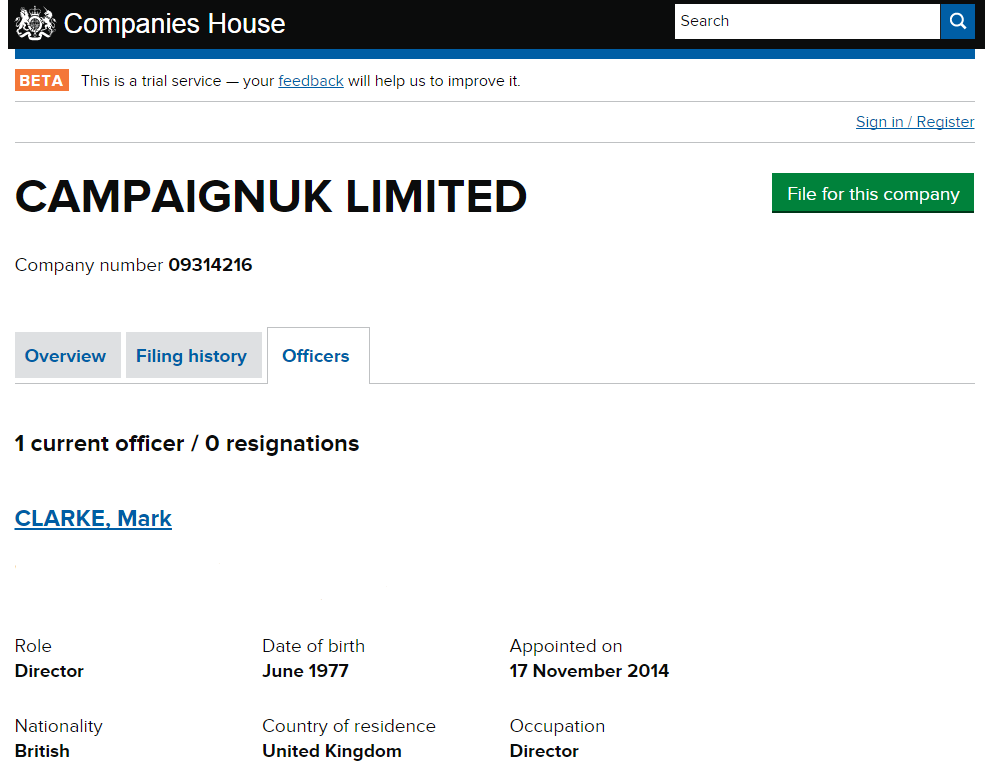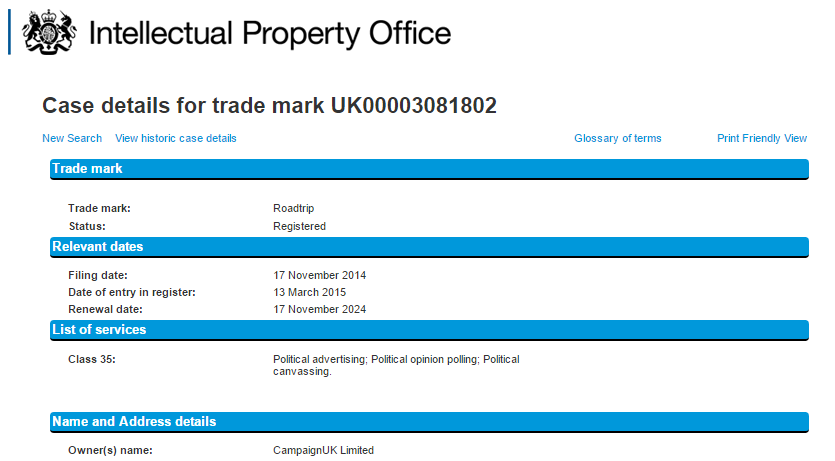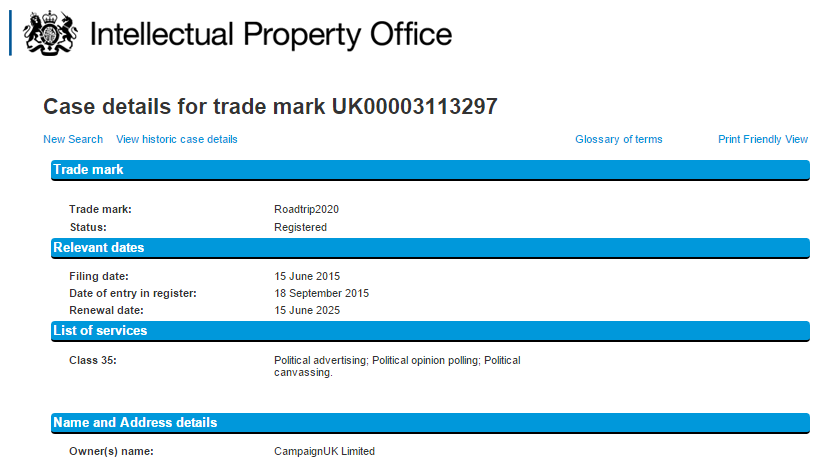Following my previous post, questions have been raised about my comments on Jack Hampton's management of his relationship with College. The following is a reply to a Facebook comment from Daniel Templeton.
---
Hi Daniel,
Thanks for getting in touch. I’m more than happy to debate these points. Firstly I would note that the issue you have raised below was just one strand of justifying my opinion – I would welcome discussion of my other points also.
The post by Chloe asserted that I had not made comment on Jack’s dealings with college immediately after the meeting. This is because at the time it would have been inappropriate to do so. Just as it has been rightly raised that Jack has a democratic mandate to follow – so did I, in that I had no jurisdiction in St. Catz. I also believe it would have been improper for a sitting Sabbatical Officer to have said anything along those lines. However, I have since been released from these burdens of Office, and have therefore decided to speak my mind.
The matter of not having a mandate to negotiate is a worthy one, but could this very same argument be used to ask the question “Does an Officer have a mandate to stick to a particular view of where the Common Room should be going, and not discuss middle ground with College?”. Because, as I mention below (if I am correct, which I may not be), what St. Catherine’s JCR has now is a middle ground, not true independence. The ‘set in stone nature’ of the discussions meant that on a number of occasions I had to mediate the debate to prevent it deteriorating into stalemate. Students don’t win when we fail to engage with those who hold power – indeed, it is when we allow the dialogue to proceed, putting aside but in no way forgetting our strongly held opinions, that we make progress.
I believe this is exactly what I managed to steer the meeting towards – and the minutes should show this. Once we had separated the issue of legal independence, with that of financial independence, we were able to get the Fellow to explain their legal reasoning for the College's position. At this point I was able to argue that the Fellow was disregarding a particular Statutory Instrument, and that their argument was therefore mute. We could have sat there and simply said that what college had done was wrong (which it was!), but by changing style College were forced to reveal their reasoning, and this was found to be unsound.
As I mention above, I would ask the simple question of does St. Catherine’s JCR have independence? I may well be wrong here as the situation could have developed since I was last involved, but it is not true that unlike the majority of other Common Rooms, St. Catherine’s JCR continues to be legally regarded as part of the College? While the financial control has been restored to what it was a few years ago, Fellows still hold the legal right (and responsibility) to overturn JCR decisions. As I say, the situation may have developed since I was involved, but I would be interested to understand what ‘Independence’ actually means.
Jack is a good guy, and his long term commitment to bettering the lives of his students is clear. This is self-evident. But commitment isn’t enough. People may say my negotiation example is just an opinion, and the REF and Green Paper points are isolated incidents, but I think they are more indicative. I will illustrate this with one final example that I haven’t previously mentioned.
In the run up to the meetings with St. Catherine’s College, I spent a great deal of time, on the phone and via email, answering Jack’s various questions and providing my views on various college proposals. This is exactly what OUSU is there for. Much of the discussion hinged around arguments regarding the Education Act 1994 and the Charities Acts. I was very clear, indeed stating it conspicuously in the emails, that while the points I made come from many years’ experience dealing with these issues, what I had said could not be considered legal advice. I later discovered that my points has been used to support the JCRs case to college (which is absolutely fine) but had been specifically referred to as legal advice. This not only put me in a very awkward and potentially risky position, but the risk could have also extended to the Common Room.
We’re trying to pick a President who can represent 21,000 students to a University governed by some of the greatest minds alive today. Nothing short of the best will do.
---
Hi Daniel,
Thanks for getting in touch. I’m more than happy to debate these points. Firstly I would note that the issue you have raised below was just one strand of justifying my opinion – I would welcome discussion of my other points also.
The post by Chloe asserted that I had not made comment on Jack’s dealings with college immediately after the meeting. This is because at the time it would have been inappropriate to do so. Just as it has been rightly raised that Jack has a democratic mandate to follow – so did I, in that I had no jurisdiction in St. Catz. I also believe it would have been improper for a sitting Sabbatical Officer to have said anything along those lines. However, I have since been released from these burdens of Office, and have therefore decided to speak my mind.
The matter of not having a mandate to negotiate is a worthy one, but could this very same argument be used to ask the question “Does an Officer have a mandate to stick to a particular view of where the Common Room should be going, and not discuss middle ground with College?”. Because, as I mention below (if I am correct, which I may not be), what St. Catherine’s JCR has now is a middle ground, not true independence. The ‘set in stone nature’ of the discussions meant that on a number of occasions I had to mediate the debate to prevent it deteriorating into stalemate. Students don’t win when we fail to engage with those who hold power – indeed, it is when we allow the dialogue to proceed, putting aside but in no way forgetting our strongly held opinions, that we make progress.
I believe this is exactly what I managed to steer the meeting towards – and the minutes should show this. Once we had separated the issue of legal independence, with that of financial independence, we were able to get the Fellow to explain their legal reasoning for the College's position. At this point I was able to argue that the Fellow was disregarding a particular Statutory Instrument, and that their argument was therefore mute. We could have sat there and simply said that what college had done was wrong (which it was!), but by changing style College were forced to reveal their reasoning, and this was found to be unsound.
As I mention above, I would ask the simple question of does St. Catherine’s JCR have independence? I may well be wrong here as the situation could have developed since I was last involved, but it is not true that unlike the majority of other Common Rooms, St. Catherine’s JCR continues to be legally regarded as part of the College? While the financial control has been restored to what it was a few years ago, Fellows still hold the legal right (and responsibility) to overturn JCR decisions. As I say, the situation may have developed since I was involved, but I would be interested to understand what ‘Independence’ actually means.
Jack is a good guy, and his long term commitment to bettering the lives of his students is clear. This is self-evident. But commitment isn’t enough. People may say my negotiation example is just an opinion, and the REF and Green Paper points are isolated incidents, but I think they are more indicative. I will illustrate this with one final example that I haven’t previously mentioned.
In the run up to the meetings with St. Catherine’s College, I spent a great deal of time, on the phone and via email, answering Jack’s various questions and providing my views on various college proposals. This is exactly what OUSU is there for. Much of the discussion hinged around arguments regarding the Education Act 1994 and the Charities Acts. I was very clear, indeed stating it conspicuously in the emails, that while the points I made come from many years’ experience dealing with these issues, what I had said could not be considered legal advice. I later discovered that my points has been used to support the JCRs case to college (which is absolutely fine) but had been specifically referred to as legal advice. This not only put me in a very awkward and potentially risky position, but the risk could have also extended to the Common Room.
We’re trying to pick a President who can represent 21,000 students to a University governed by some of the greatest minds alive today. Nothing short of the best will do.





 RSS Feed
RSS Feed
